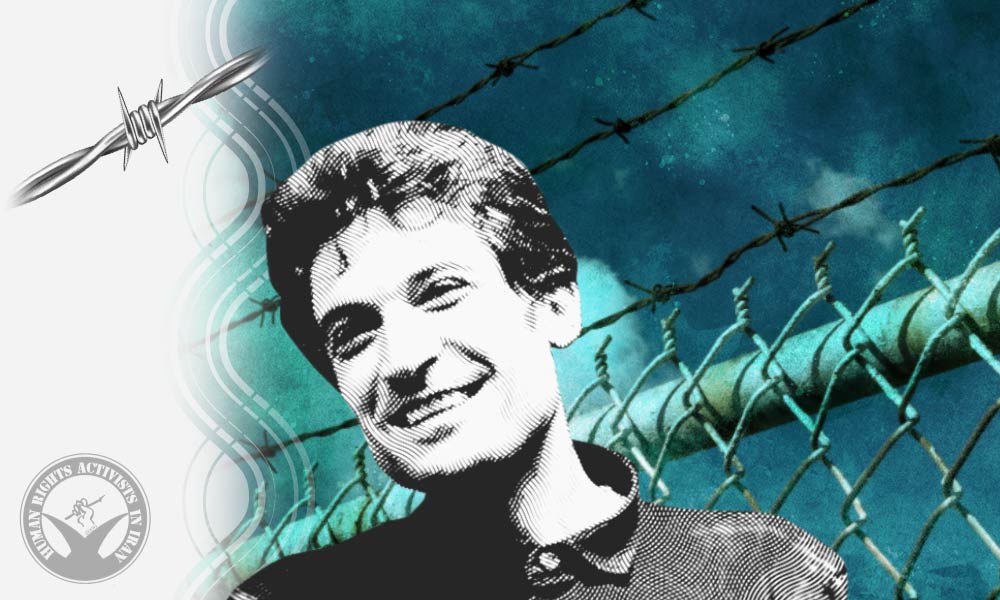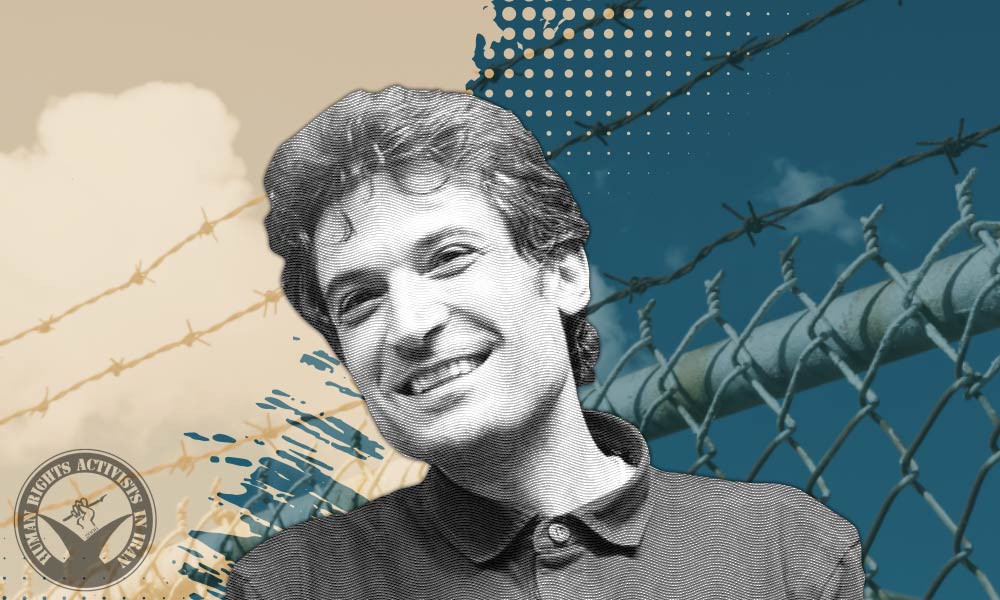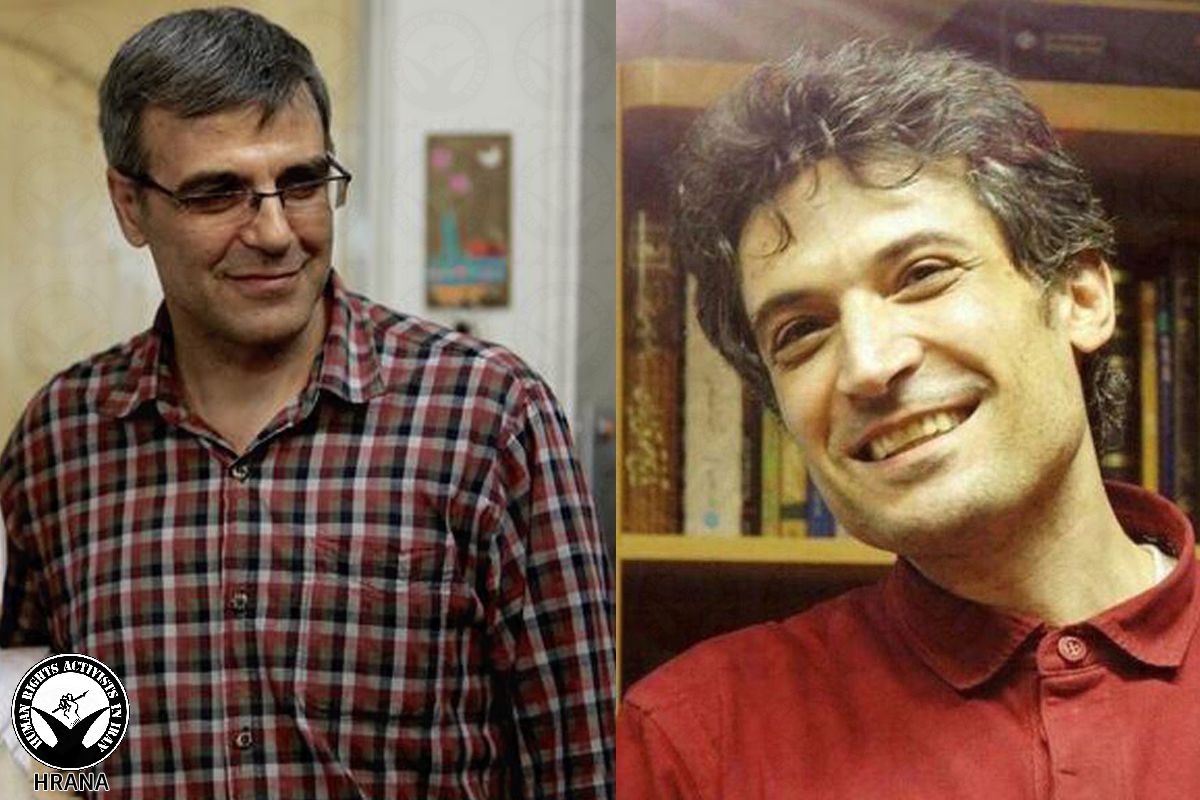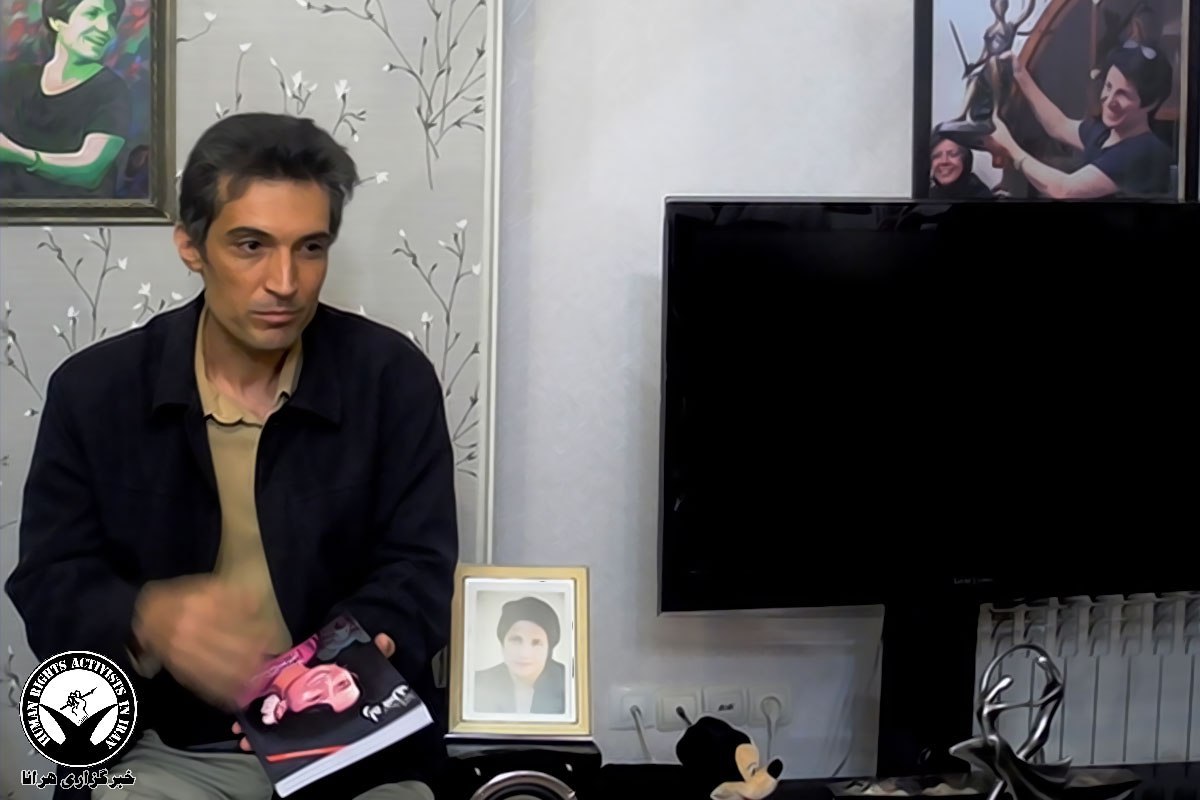The following is an
overview of human rights violations in Iran on January 6th, 2019 based on the
information compiled and verified by Human Rights Activists News Agency
(HRANA).
(1) More than 32 Baha’i have been summoned and interrogated at Karaj Intelligence Office in the last two weeks. Their names are as the following: Saeed Vojdani, Tahereh Pashaei, Radman Foroughi, Sheida Motlagh, Taraneh Badiee, Sepehr Forouhari, Masoud Zakerian, Badiollah Tashakor, Parvin Tashakor, Farinaz Khosh Fetrat, Taranom Hashemi, Kambiz Safaei, Sarmad Sadeghian, Nahid Farhangi, Hasti Mandegari, Nasim Zabihi, Rohieh Anvari, Shole Emamverdi, Shirin Khales, Foroutan Baiani, Armin Rohani, Aydin Rohani, Nazanin Sharifi, Nima Sharifi, Ramtin Monzavi, Parnian Badiee, Mahsa Mokhtari, Arman Pourmoradian, Mahmoud Fashami, Samieh Ehsani, Pouya Eslami, and Delkash Behbahani.
(2) Two Kulbars (Kurdish back carriers), Nahv Ebadi and Ahmad Azizi, were injured by border patrol shots in the cities of Urmia and Sardasht. Another Kulbar, Yousef Mohammadi-asl died from hypothermia in Piranshahr.
(3) Issa Feizi, Hadi Kamangar, Amanj Ghorbani, Rashed Montazeri, and Hossein Kamangar have been arrested in the city of Kamyaran in Kurdistan Province. Their whereabouts are still unknown.
(4) Mohammad Rahmanian, a playwright and theater director, was arrested because of singing of a female solo singer in his play “Paykan Javanan”. He was released on bail on the same day.
(5) More than nine protests were organized all around the country on January 6, 2019. Farmers of Isfahan, retired personnel of Haft Tappeh Sugar Mill, butchers in Saqqez, contractors of municipality, the employees of Vahdat financial institute in Khorasan province, disabled and disability-rights activist in Tehran, and Keshavarzi insurance employees held separate protests nationwide.
(6) The sister of Sam Rajabi, one of the detained Iranian environmentalists, wrote an open letter to Javid Rehman, a Special Rapporteur on Human Rights in Iran. She requested his intervention in her brother’s case. The environmentalists who were arrested last year are Houman Jokar, Sepideh Kashani, Niloufar Bayani, Amirhossein Khaleghi, Sam Rajabi, Taher Ghadirian, Abdolreza Kouhpayeh, Morad Tahbaz, Hasan Zareh, Aref Zareh, Morteza Aryanejad, Alireza Farhadzadeh, and Kavous Seyed Emami. Seyed Emami, an environmentalist and professor, was arrested as part of this crackdown and reportedly died in detention under unknown circumstances two weeks after his arrest.
(7) After one month of forced closure of 10 Baha’i-owned businesses in Omidiyeh, the closure order has been lifted. Baha’i citizens are having difficulty running their businesses in Iran.
(8) Narges Shahsavari and Ali Lorestani were arrested by the Intelligence Office agents in Kermanshah last month, but their lawyer has not been approved by the judiciary system. According to the so-called Article 48, only 20 lawyers can defend citizens accused by the country’s secretive and political charges.
(9) Siamand Shahsavar and Behzad Shahsavar who had been arrested last month, were transferred to the Intelligence Office in Urmia. They are charged with ‘cooperation with a Kurdish opposition group’.
(10) Four Baha’i citizens, Sohrab Naghipour, Mohsen Mehregani, Manouchehr Rahmani, and Farzad Homayouni, were sentenced to 10 years of imprisonment combined in the Isfahan appeal court.
(11) Esmaeil Arbabi was publicly flogged until he fainted and was transferred to a hospital in Iranshahr for the second time. He was charged with armed robbery.
(12) Ali Karouni, a singer, was summoned to the Ahvaz court for a complaint by the Khuzestan Culture and Islamic Guidance office. He is charged with ‘spreading lies and disturbing public opinion’.
(13) Seven citizens were sentenced to 590 lashes combined. Overall, 24 people who have been charged with financial crimes, were sentenced to imprisonment and lashes on January 6, 2019; Meisam Naraki and Alireza Panahpour were sentenced to five years and 74 lashes each, Nematollah and Elyas Tajoldini were sentenced to 74 lashes, Jafar Goharkani and Hamzeh Sisakhtinejad were sentenced to 110 lashes, Hamidreza Janghorban was sentenced to 20 years in prison and fines, Azadeh Javid was sentenced to 10 years imprisonment, Shapour Heibatieh was sentenced to 14 years imprisonment, Amin Sajadian faced 10 years imprisonment, Mohammad Javad Khosravi was sentenced to 10 years imprisonment and fines, Mohammad Kazem Ahmadzadeh faced 10 years imprisonment, Heibatollah Alavikhah and Bahram Rezaei were sentenced to three years imprisonment, Mohammad Hossein Najmzadeh was sentenced to seven years in prison. Ahmad Pasdar was sentenced to 12 years imprisonment and fines, Mehdi Tayari was sentenced to four years and fines. Naser Mohammadinejad, Abbad Tarmalapour, Beniamin Golshanzadeh, Abdolrazagh Ghorbani, Soheil Azarpour, and Abdolkarim Abdolpour were sentenced to two years imprisonment and fines. Moreover, Ardalan Zeinalzadeh who was the mayor of Gachsaran city was sentenced to five years imprisonment and 74 lashes.
(14) Farhad Meysami, a detained civil rights activist, wrote an open letter to protest judicial system’s performance. He was arrested in July and went on a hunger strike to protest ‘unjustified accusations, the illegal procedure following his detention, and denial of his right to access an independent lawyer’. He was forced to end his strike.
(15) Nine businesses and factories that have polluted the environment have been shut down in Tabriz and Hamadan provinces.
(16) The United Nations has published the report of Michel Forst, the UN Special Rapporteur about human rights defenders. Based on this report, the oppression imposed on Human Rights defenders in Iran has been intensified in 2018.
(17) The mayor of the district 16 of Tehran municipality has confirmed that a city services worker was killed, and two others were poisoned by natural gas due to non-standard installation of a gas-burning heater.
(18) Two prisoners, Changiz Irani and Pejman Piri, who have earlier been sentenced to death, were saved at the gallows by the consent of the next of kin in the Urmia prison. Also, five other prisoners in Bushehr were saved from execution.







